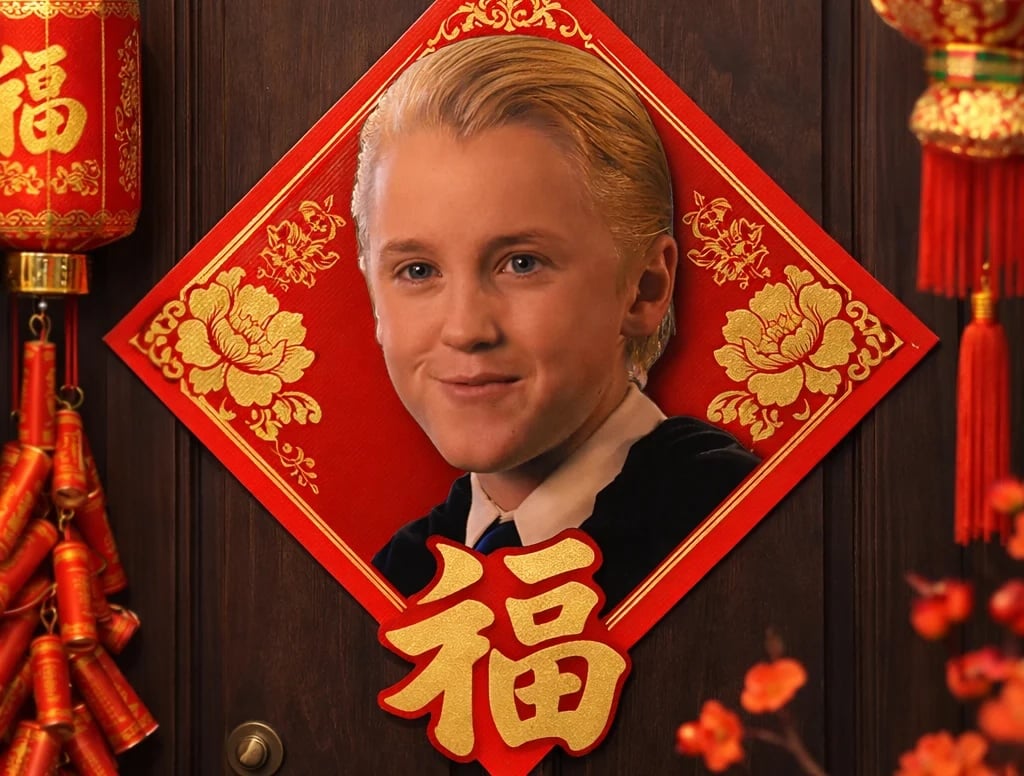As the world continues to grapple with the fall out of Covid-19, the Chinese authorities are keen to shape the narrative of how the country got the coronavirus relatively under control. One part of this strategy comes in the form of TV drama series Heroes in Harm’s Way, a new 14-episode drama produced by China’s largest state television network CCTV.
Yet just days after its launch last week, the show was facing a rising backlash online, as it was accused of reinforcing negative gender stereotypes about women and downplaying the significant contribution made by female frontliners in combatting the pandemic in China. The reaction has been such that China’s leading TV and movie review site Douban as well as the Quora-like Zhihu service moved to close ranking functions and comment sections for their pages on the drama — Heroes allegedly received a historically low score of 2.4 on Douban and 0.6 on Zhihu.
One scene that has proven particularly controversial comes toward the start of the first episode when not a single female bus driver is seen to volunteer as a bus company in Wuhan recruits an emergency team pre-lockdown.
The manager of the company then moves to shame women sitting in the room by saying, “People who have signed up have been all males, will a female comrade step up too?” He then puts a female worker on the spot to ask her to join, but she declines for family reasons. Shortly after, another female driver stands up to convey her willingness to “repay” the city as she was “married to Wuhan,” even though she claims that she is now divorced.
Related:
 “Don’t Touch My Hair”: Nurses’ Shaved Heads Spark Controversy Over “Sexist” Coronavirus CoverageNetizens are bashing an online video about women nurses in a media landscape that only shows “women’s sacrifice”Article Feb 19, 2020
“Don’t Touch My Hair”: Nurses’ Shaved Heads Spark Controversy Over “Sexist” Coronavirus CoverageNetizens are bashing an online video about women nurses in a media landscape that only shows “women’s sacrifice”Article Feb 19, 2020
For many viewers, this downplaying and stereotyping of female roles jars with reality. According to CCTV’s own reporting in March, women made up more than two thirds of all medical workers who traveled from across the country to the epicenter of the coronavirus outbreak in Hubei province earlier this year. On International Women’s Day (March 15), The Beijing News stated that with one volunteer team from Shanghai working in Wuhan, over 90% of the nurses and over 50% of the doctors were female.
On the microblogging platform Weibo, the hashtag #Heroes in Harm’s Way Female Bus Driver Plot # has attracted 150 million views. Amid the comments, Chinese netizens are posting screenshots of reports of female frontline workers’ active participation in Wuhan from the official social media accounts of China’s state media, including from CCTV itself.
“Females have made enormous contributions to fight the pandemic but this show is vilifying them,” reads the most upvoted comment under a relevant post on Weibo. “The Covid-19 outbreak is not over yet but [the show] is already taking a discriminatory approach [against women].”
In one poll on the site, over 92.5% respondents (more than 99,000 people) voted for “Yes, there is a need” when asked “Do you think there is a need for Heroes in Harm’s Way to stop airing.”
Related:
 Communist Youth League Removes Virtual Idol Project After Feminist CriticismThe Youth League’s latest attempt to connect with the kids has become a lightning rod for Chinese feministsArticle Feb 18, 2020
Communist Youth League Removes Virtual Idol Project After Feminist CriticismThe Youth League’s latest attempt to connect with the kids has become a lightning rod for Chinese feministsArticle Feb 18, 2020
Netizens have also highlighted other plot flaws, such as actors not wearing masks at certain points in the show even though the scenes are set during some of the country’s worst phases of the pandemic to date. And while some commenters have leapt to Heroes‘ defense, many appear to have ulterior motives: the show features popular heart throb Xiao Zhan, an actor who has been plagued by controversies this year and is known for having a particularly protective fan army.
Heroes producer Bai Yicong has also faced down some of the criticism, according to reports from Chinese news portal Sohu. “Interpreting [plots] is a very personal thing. I feel for creatives, they should only care about creating content [not views from audiences].” Perhaps understandably, such comments have thus far only served to further enrage online commenters.

















